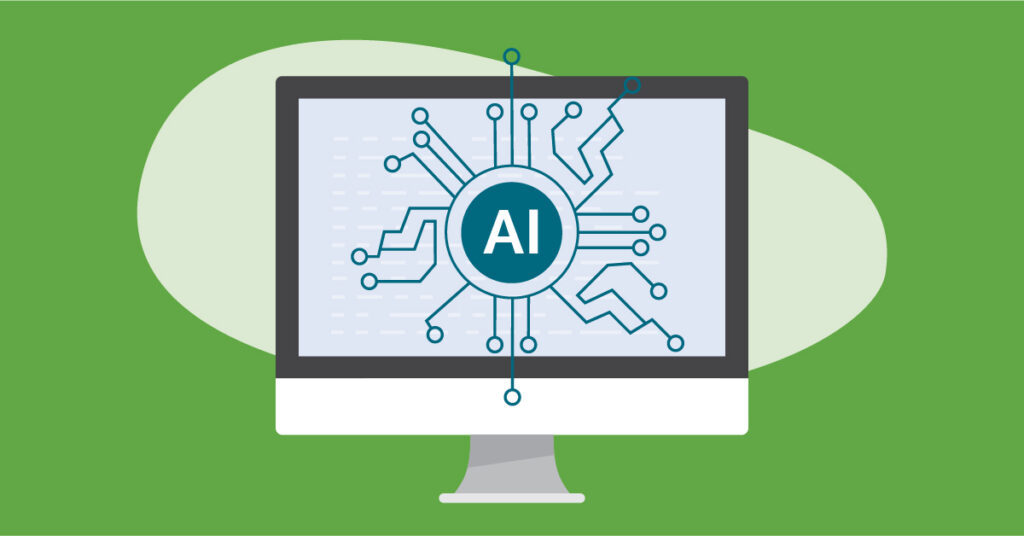
Artificial Intelligence (AI) is gaining ground to assist us in our everyday lives and workplaces. Most are familiar with voice assistants. These devices simulate human conversations with users. Voice AI can also assist with businesses. Chatbots are used for customer service by answering questions or connecting customers with further assistance. The use of an AI call center can free up other personnel to work on more complex issues.
AI processes data differently than humans. The information may have biases and misinformation. AI detection tools aren’t infalible. When monitoring content in education or social media it many times will flag posts and papers as inappropriate or copied works that are false. Hiring processes have seen inadvertant discriminations based on the inability to recognize certain cultural nuances. Model poisoning can alter the data sets and produce inaccurate results. Tampering with data sets can allow cyber crooks to manipulate decisions and responses and formulate attacks. Data can be corrupted in a way that affects financial and medical institutions. False, but persuassive, information can lead customers to click on malicious links that may include malware. All of this can lead to breaches if undetected.
Preventing data poisoning requires the human element. First, chatbots should have restricted access to training data. The concept of least privilege applies here as well. As for the end user, research and checking the facts produced is important to assure the results align with the actual concept. It may be necessary for the human to understand what factors the AI used to determine the outcome. Justification may be necessary when making decisions so it’s important to know the sources and how the recommendations and calculations were made by the chatbot. AI fails when variables involved go into ethics, morals, empathy and other human considerations. Studies have shown that AI can outperform humans in analyzing and producing insights. Human validation is essential to lead to optimal results.
Artificial intelligence is emerging as a powerful, time saving and useful tool. It can assist us with every day activities, automate redundant processes and serve as a resource for health, medical, financial, education and industry. AI can be trained to defend against cyber attacks. This can be a valuable asset to protect against data breaches and theft.
